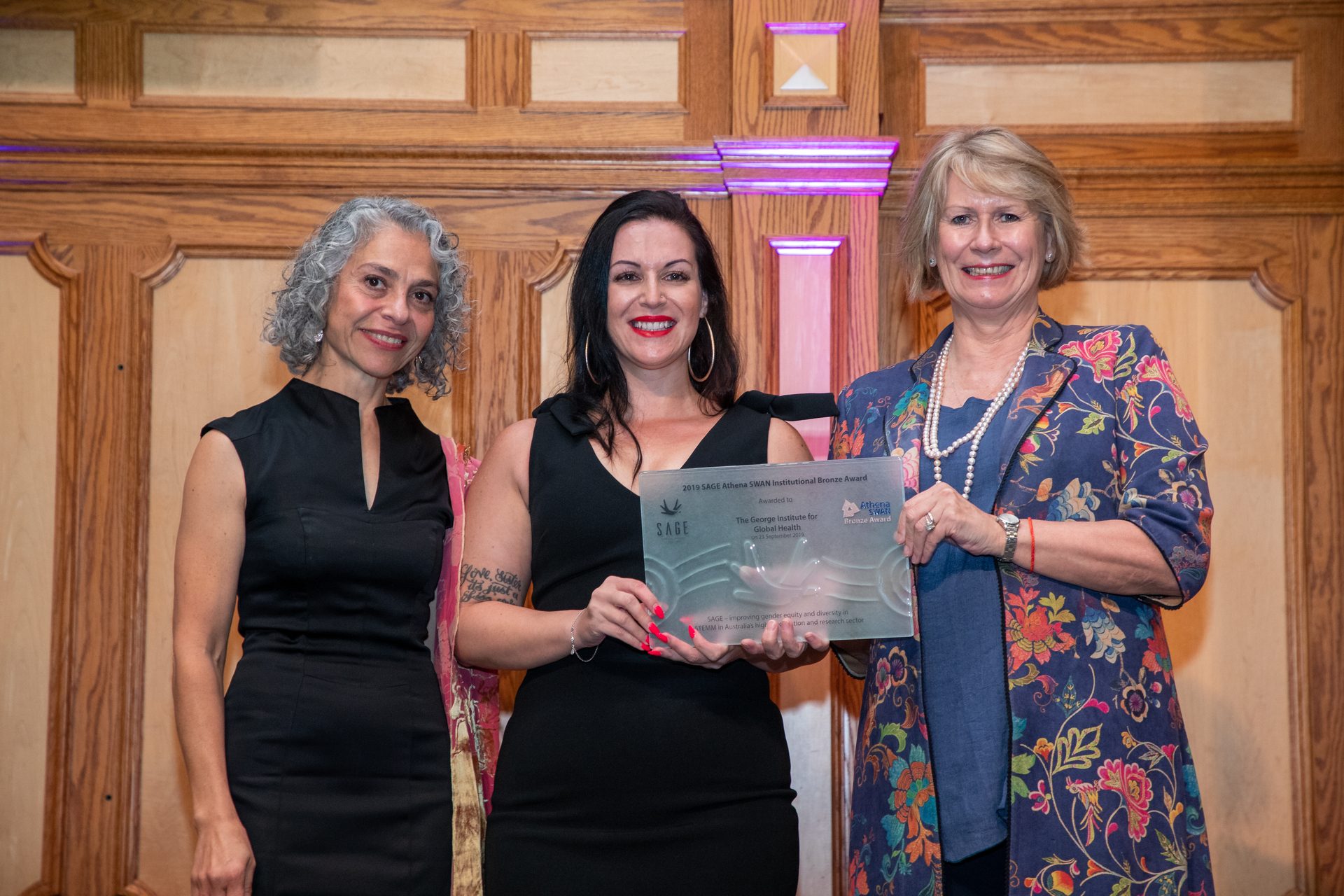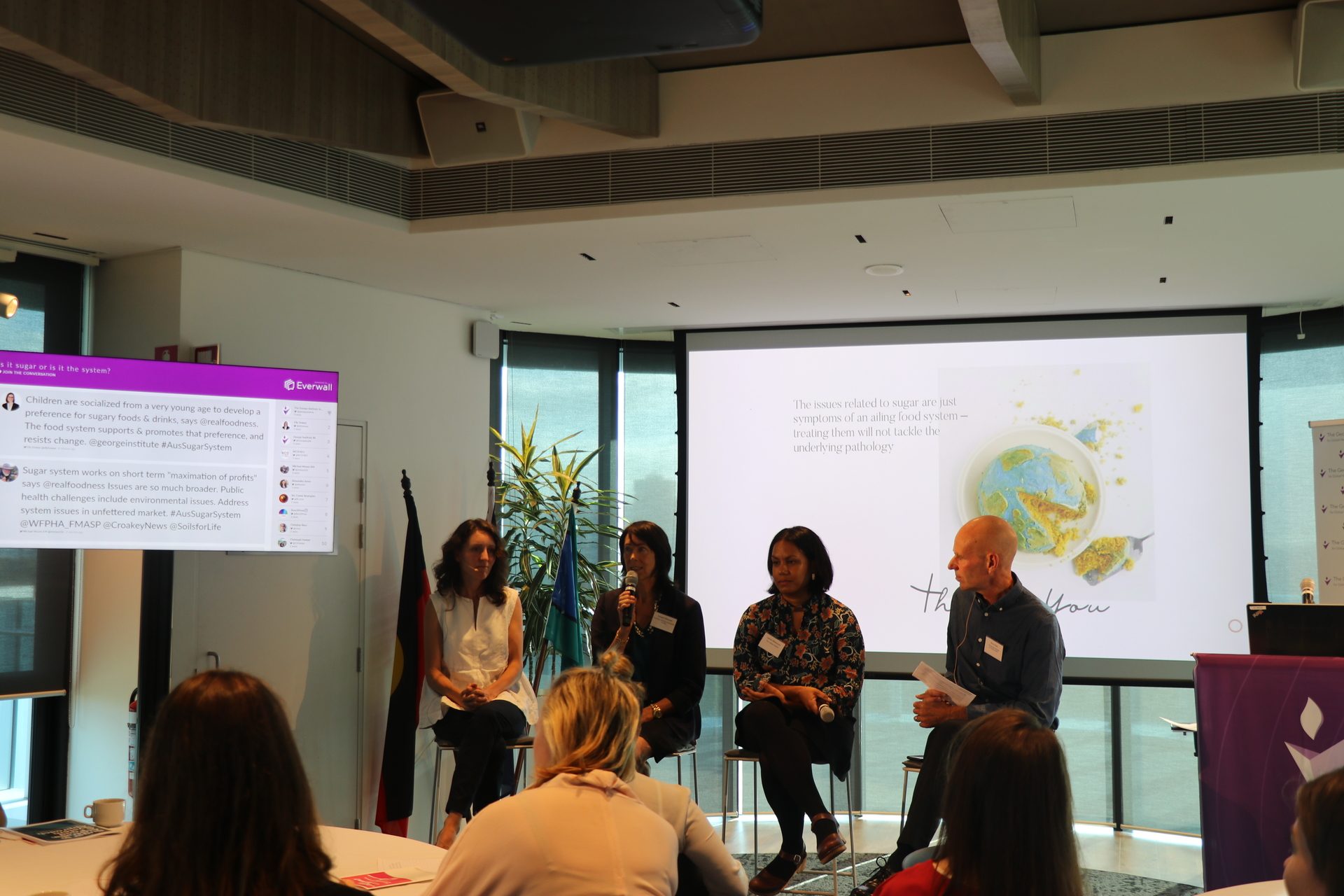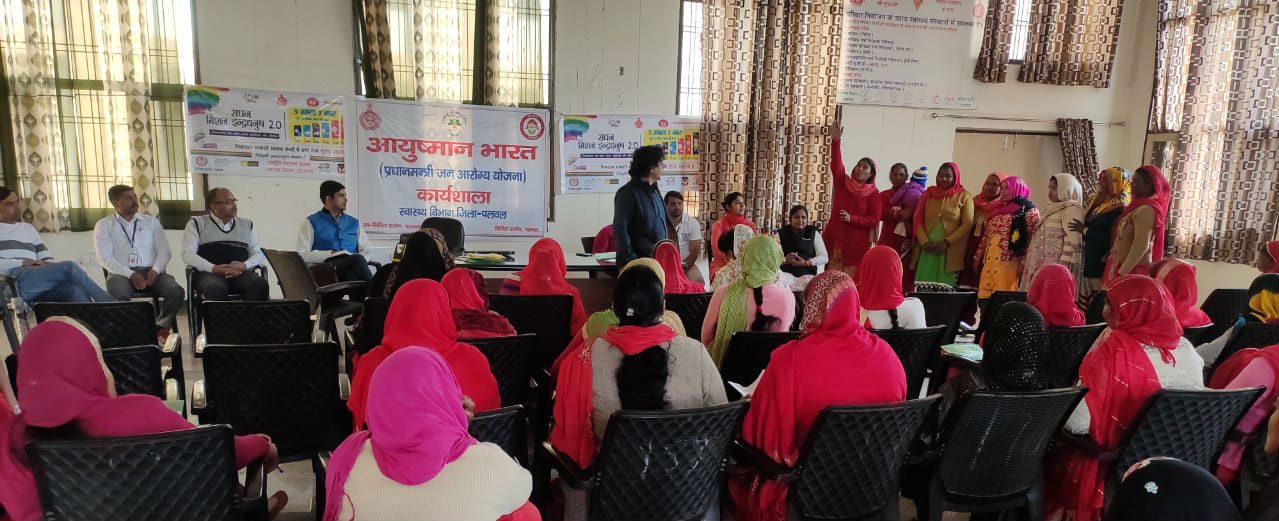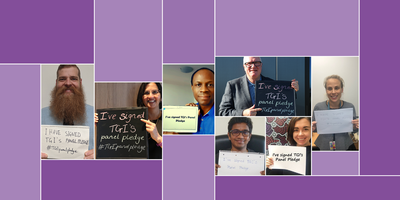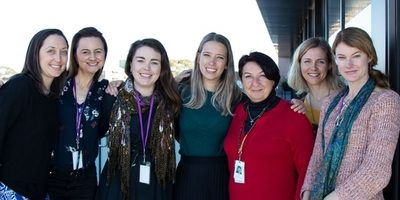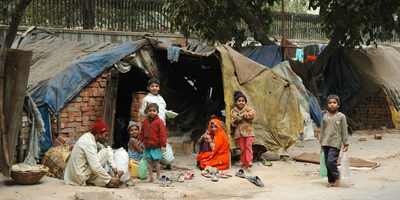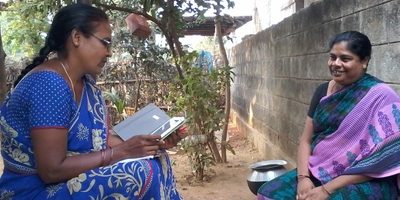NEW DELHI, FEB 18. Anita (name changed), an accredited social health activist from a village in Haryana, was one among several frontline health workers who received training on understanding and diagnosing common mental disorders in the community from a team of mental health professionals working at The George Institute for Global Health (India). During the training, she was able to recognise symptoms of anxiety and depression within herself.
The ASHA worker realised that she also needed professional help and so went and consulted the psychiatrist at the Palwal civil hospital. The doctor prescribed her medicines which she has been taking regularly for some months now. “You can see the glow in my face,” she said with a cheer in her face at a refresher training organised at the Palwal Civil Hospital over the weekend where she and other ASHA workers shared their experiences of working with the community.
At the training, many of the ASHA’s narrated their own experience of dealing with common mental disorders and seeking treatment for it. “This in itself is a stigma busting strategy and helps in empowering the ASHAs,” said Amanpreet Kaur, research fellow, The George Institute India.
The refresher training of the ASHAs was part of a project called SMART mental health which The George Institute India is implementing in 22 primary health centres in two districts of Haryana-Faridabad and Palwal. As part of the project, the women have been trained in understanding, identifying and screening common mental disorders in the community. After the training they went into the villages and screened the population using a form entered into an electronic tablet that had 16 questions around anxiety and depression.
“When we interviewed people using the questionnaire, we realised that some of the questions especially regarding suicidal thoughts cannot be asked directly. We thought this question itself might trigger the idea of suicide So, we sat with them and made them comfortable so that the people can open up before us,” said Babita (name changed), another ASHA trained in the project.
“This is a very common myth among the general public that talking about suicide may lead to one doing it. Therefore, this was nothing new to find among the ASHAs. However, evidence shows the contrary to this belief which was emphasised in the trainings,” said Mercian Daniel, Program Manager, SMART mental health.
The project has had spin-off benefits in terms of many ASHA workers recognising the symptoms of common mental disorders within themselves. At the refresher training where 60 ASHAs were present, more than 10 said that they sought help of the trainer/resource persons in seeking help from a psychiatrist. Also, the ASHAs said they are able to talk openly with each other about their mental health problems which acts as a group/peer-support mechanism
As the ASHAs are now preparing for rescreening the high-risk cases in the community, they said this exercise has made them wiser regarding common mental disorders and they have been able to sensitise the people also on symptoms and available treatment options. “A lot of people were initially very hesitant to talk about common mental disorders. But when we told them that it is for their benefit only, they co-operated with us. We referred many of them to the psychiatrist at the district general hospital and subsequently when we met them, they said they had gotten better” said another ASHA, who participated in the training.
Many ASHAs said people in villages found a friend in them and opened up talking about the mental health issues they were facing. One of them said that she was able to prevent a person from committing suicide by just being with them for 24 hours and ensuring that they have someone to talk to when the suicidal thoughts in his mind became severe.
In some villages, the ASHAs have to deal with a huge case load and therefore, a village level health worker who was from the community and had a similar profile as the ASHAs was additionally trained so that they can deal with the high burden. One of them said that though she is not an ASHA worker, she really benefited from the training she received. ” I had some idea about common mental disorders because my father had suffered from one. I liked doing the screening as she could help so many others with the same problem,” she said.
Another ASHA worker said that the training has benefitted her personally as she is able to control her mind better now and remain calm in the face of adverse situations. “Earlier, I used to get very angry and perturbed due to my personal problems to the extent of becoming very paranoid. But now I have become calm and am able to handle myself better,” she said.
The project will continue building the capacity of ASHA’s and doctors working at the primary health centre to diagnose and treat common mental disorders, and reduce stigma related to mental health in the community.
“We hope to demonstrate how we can have a simple appraisal, referral and treatment mechanism at the community level to treat common mental disorders, both for the community as well as for the health workers who themselves are part of the community,” said Pallab Maulik, Deputy Director and Director of Research at The George Institute.
Designed in the form of a randomised control trial, the study is being conducted in 22 PHCs in the West Godavari district of Andhra Pradesh as well and would include an anti-stigma campaign and an intervention component involving trained ASHA workers and doctors to assess whether a mobile device based decision support system will improve the management of adults at high risk of common mental disorders.
